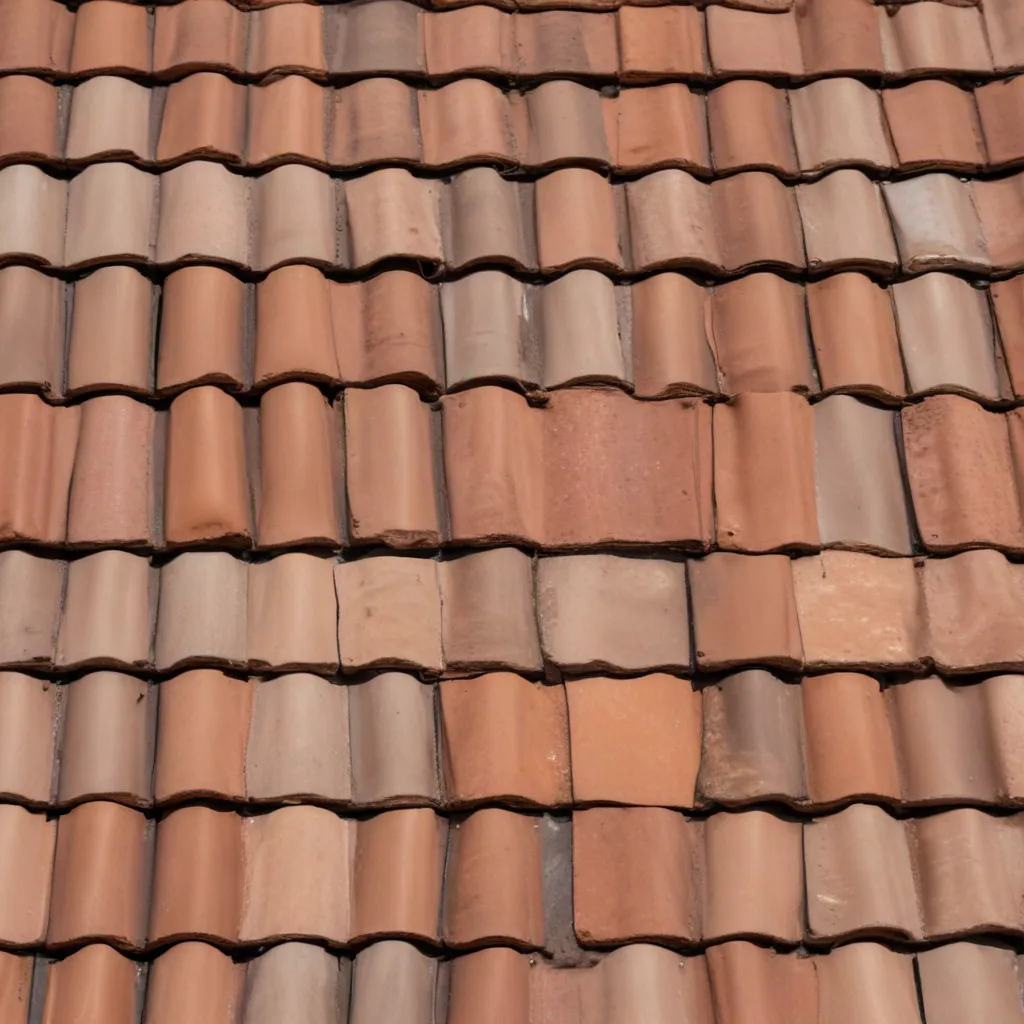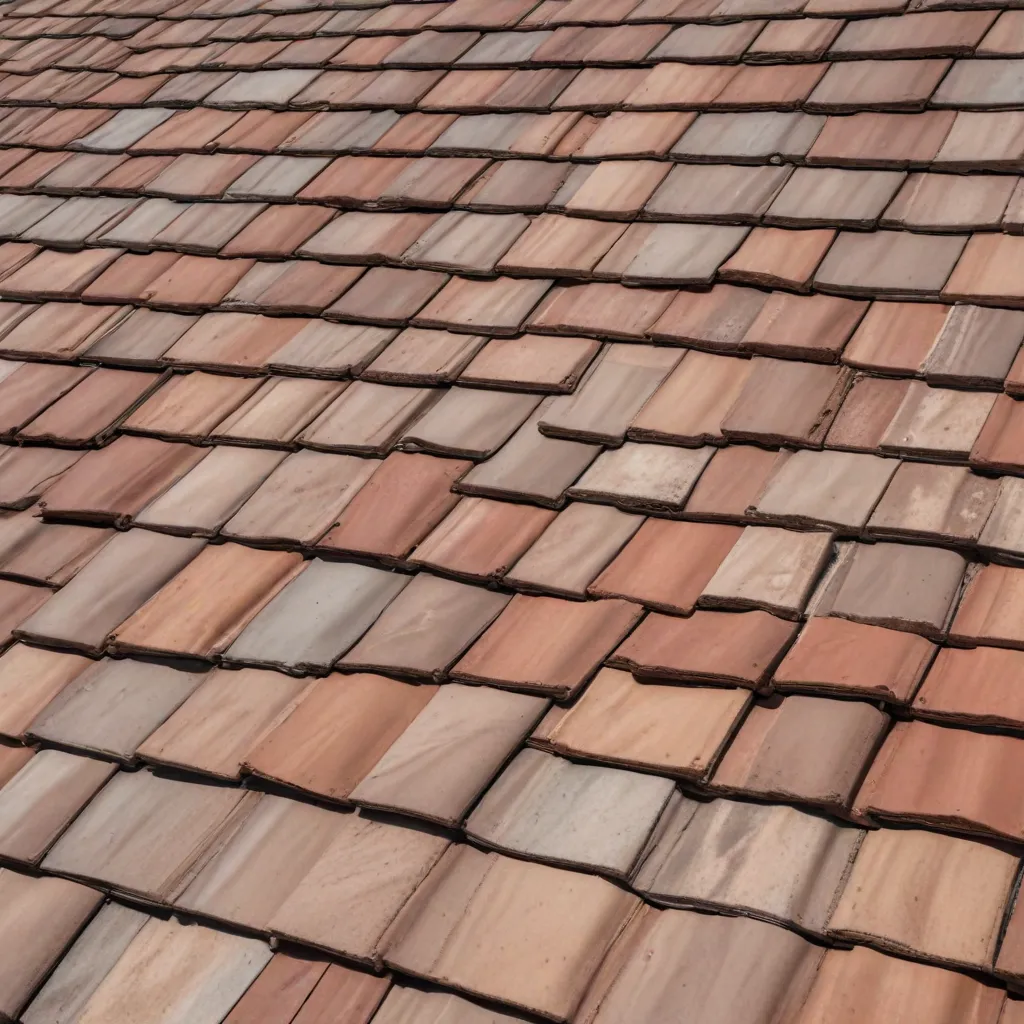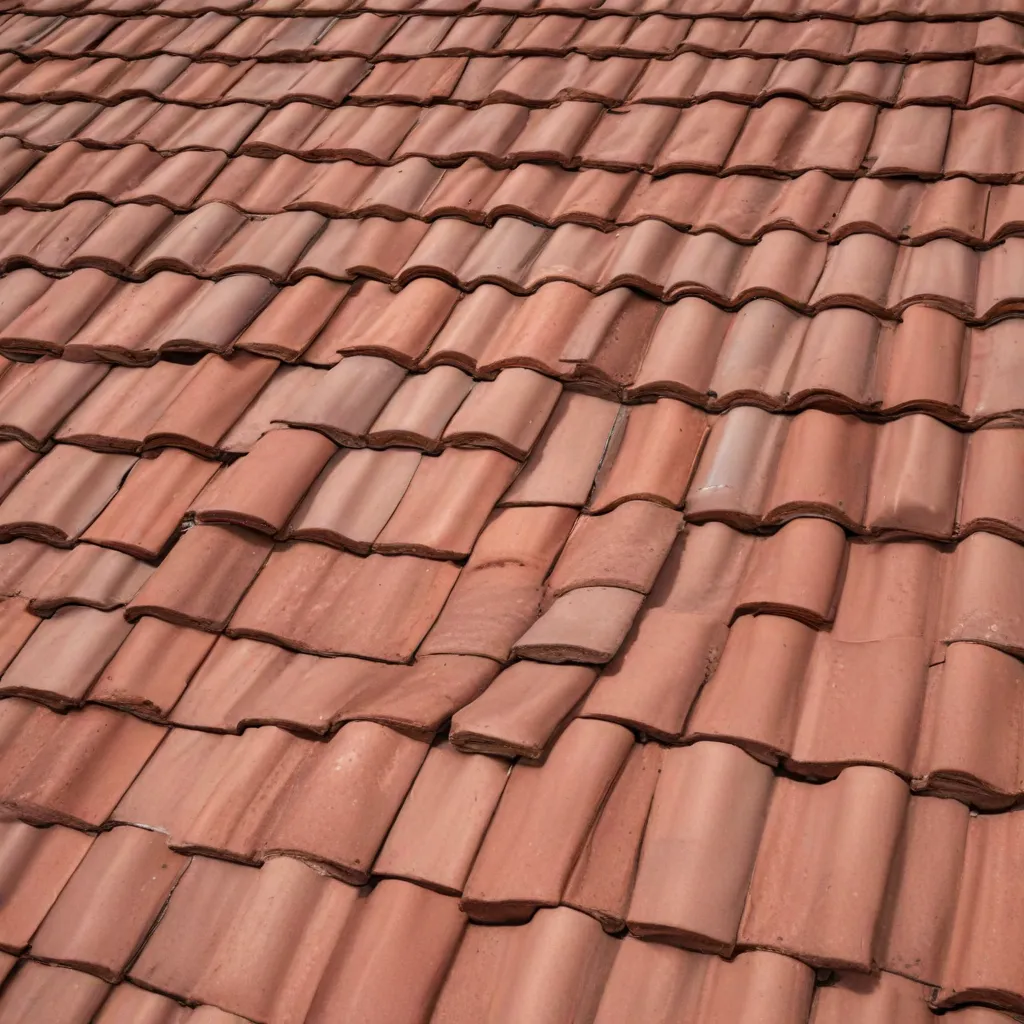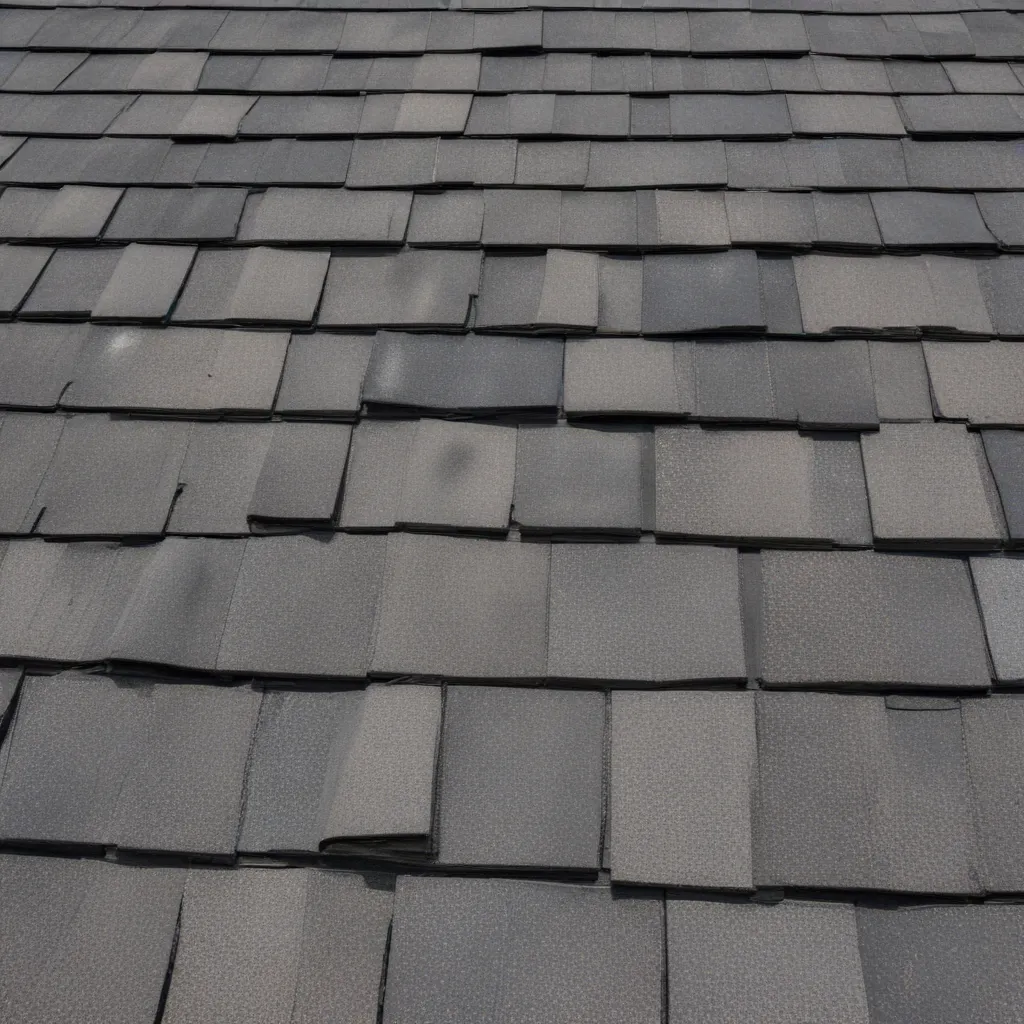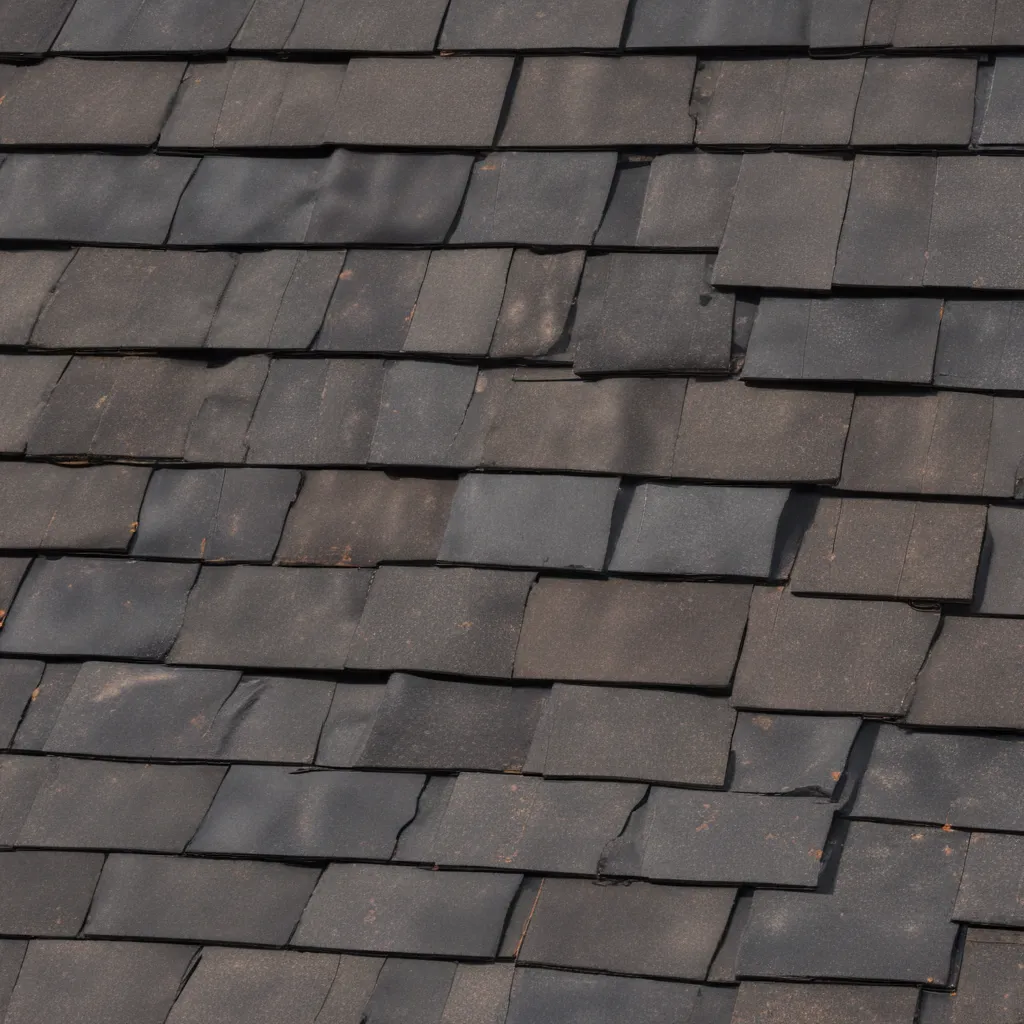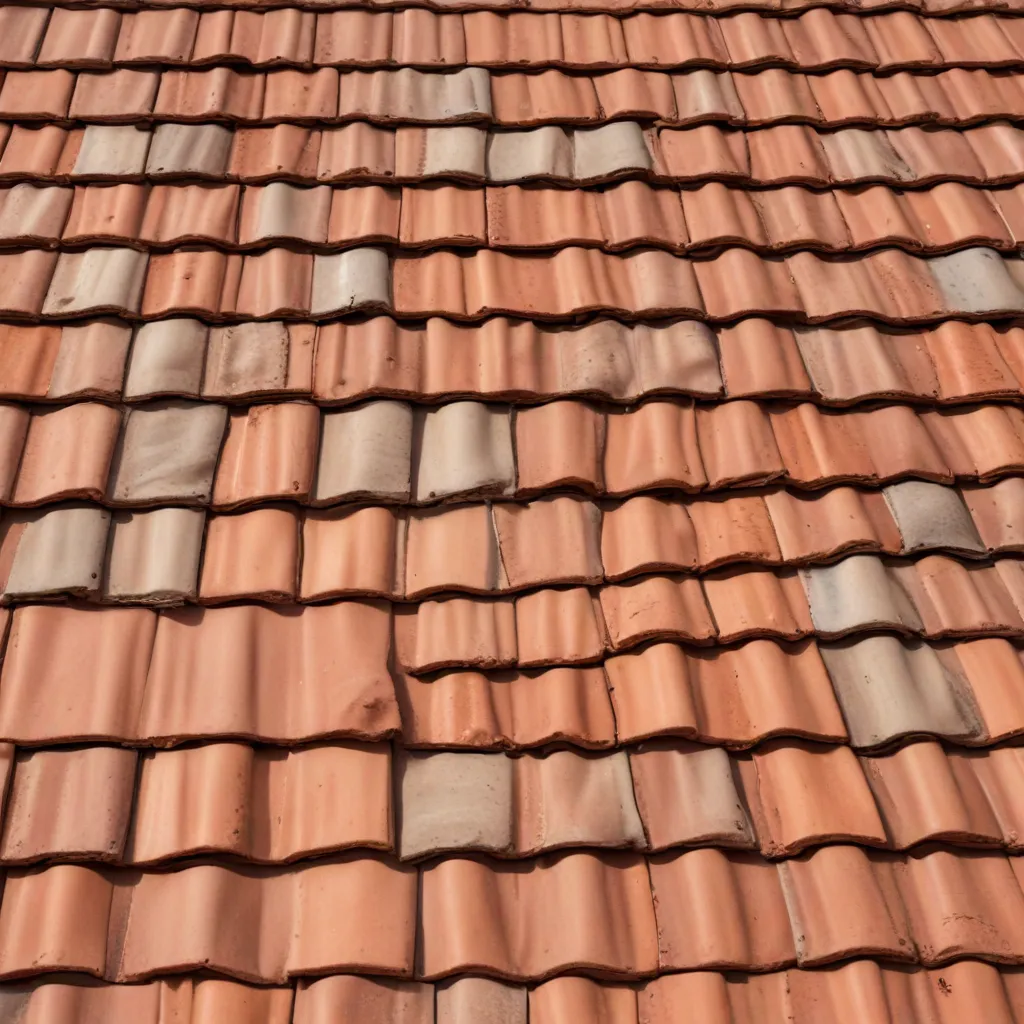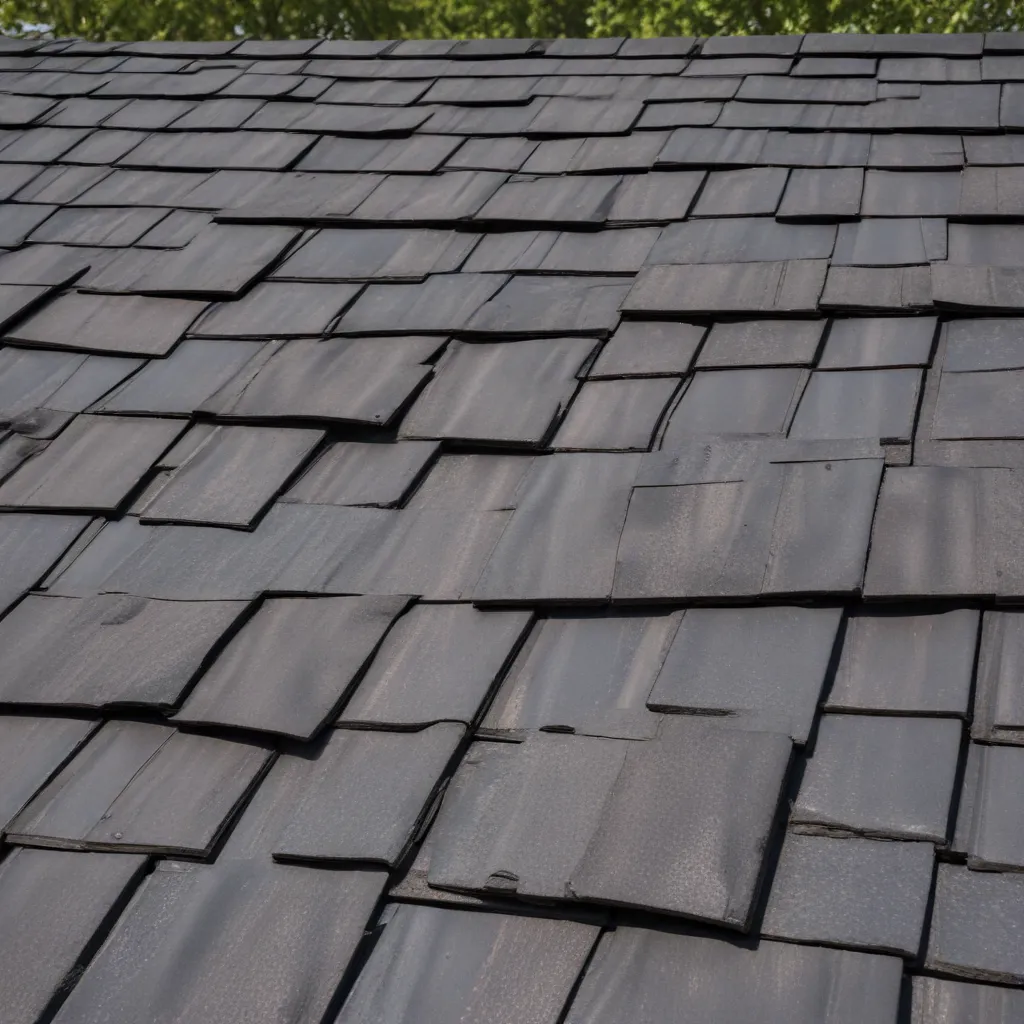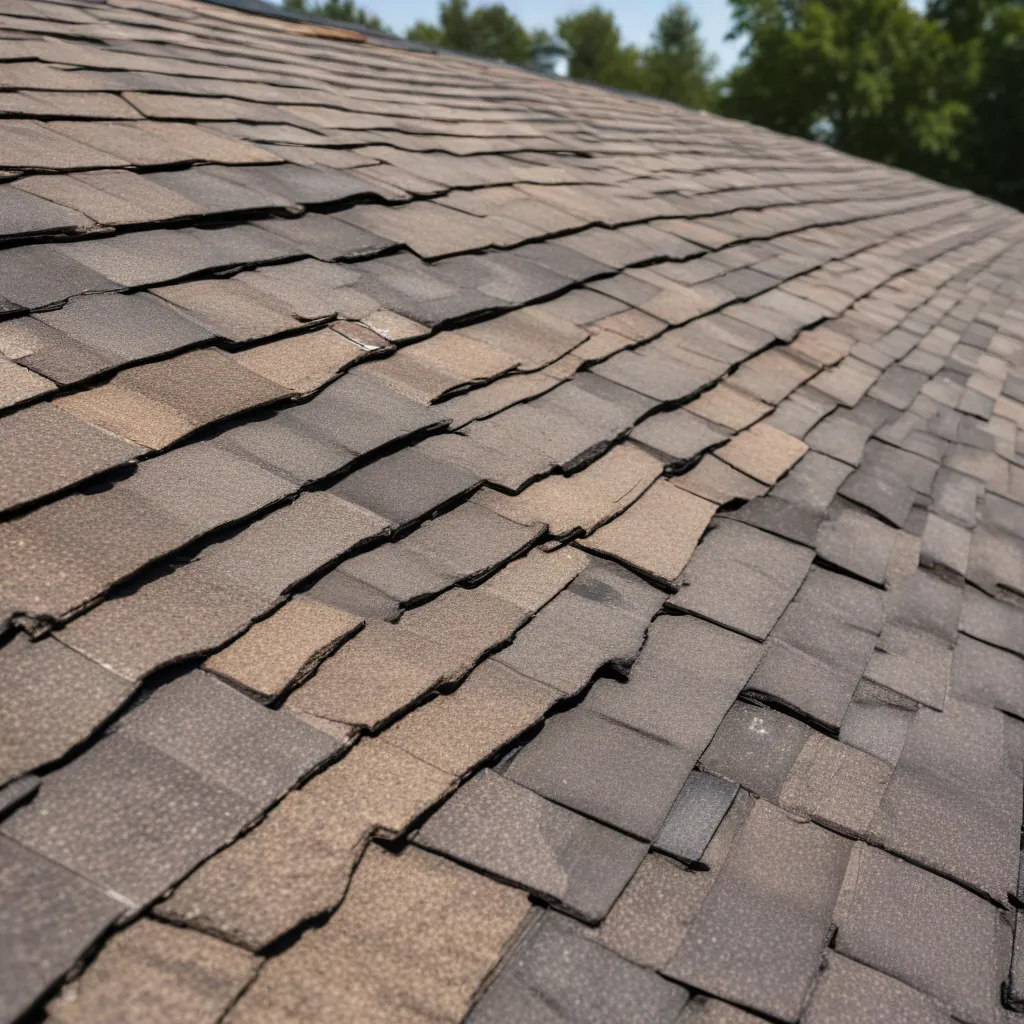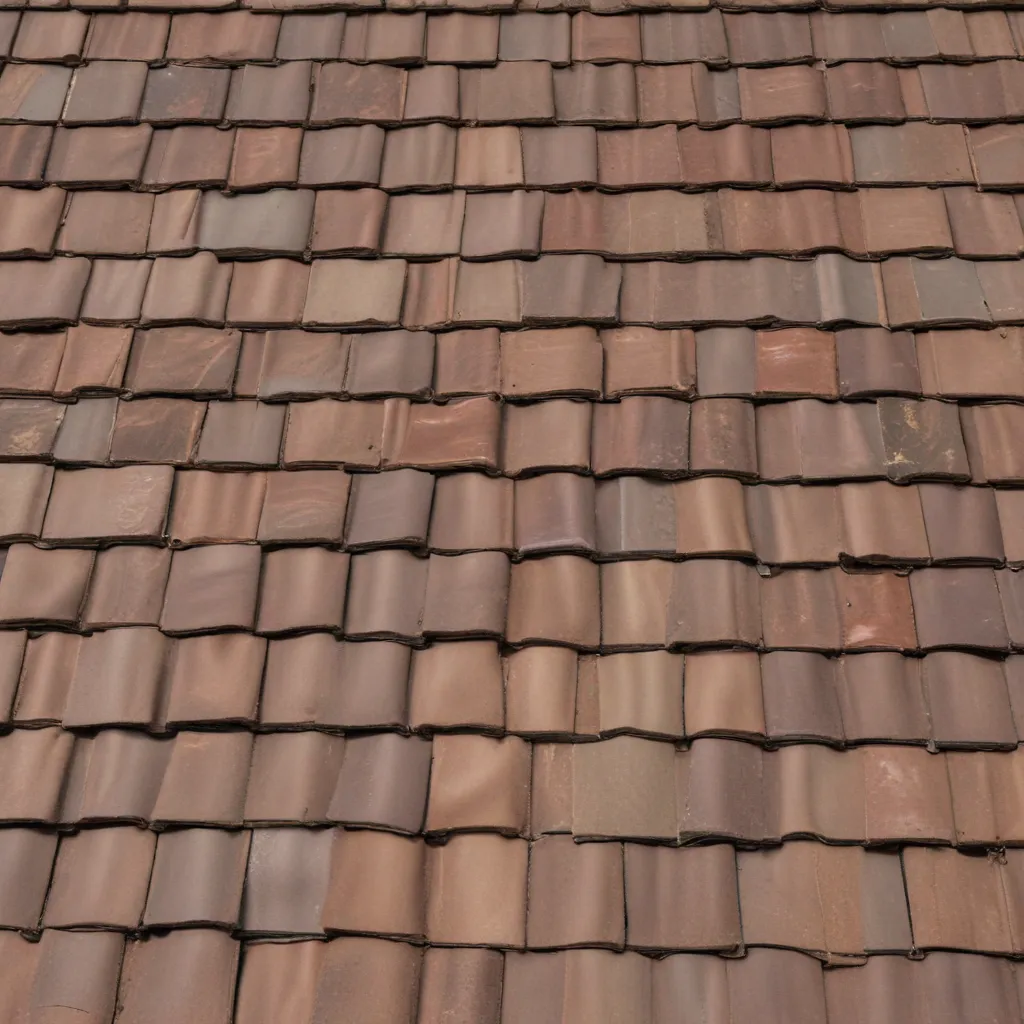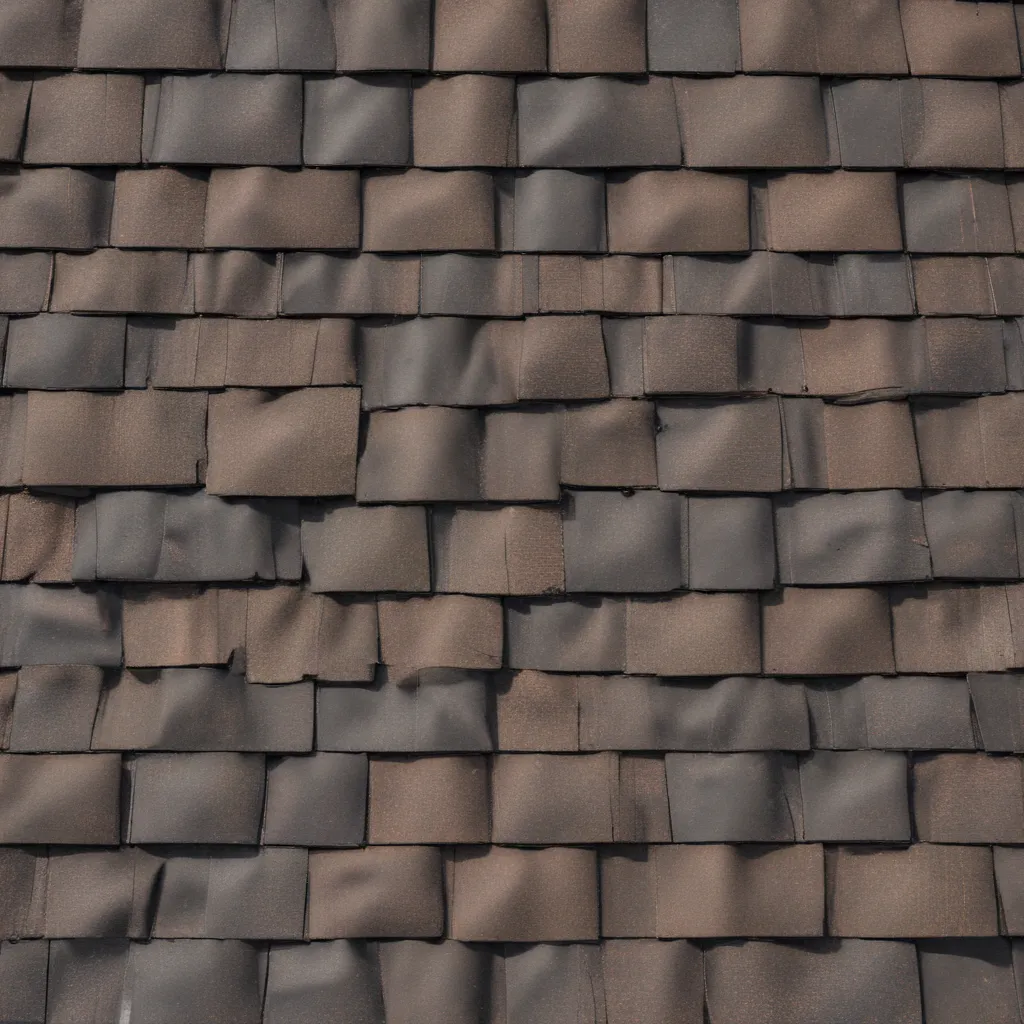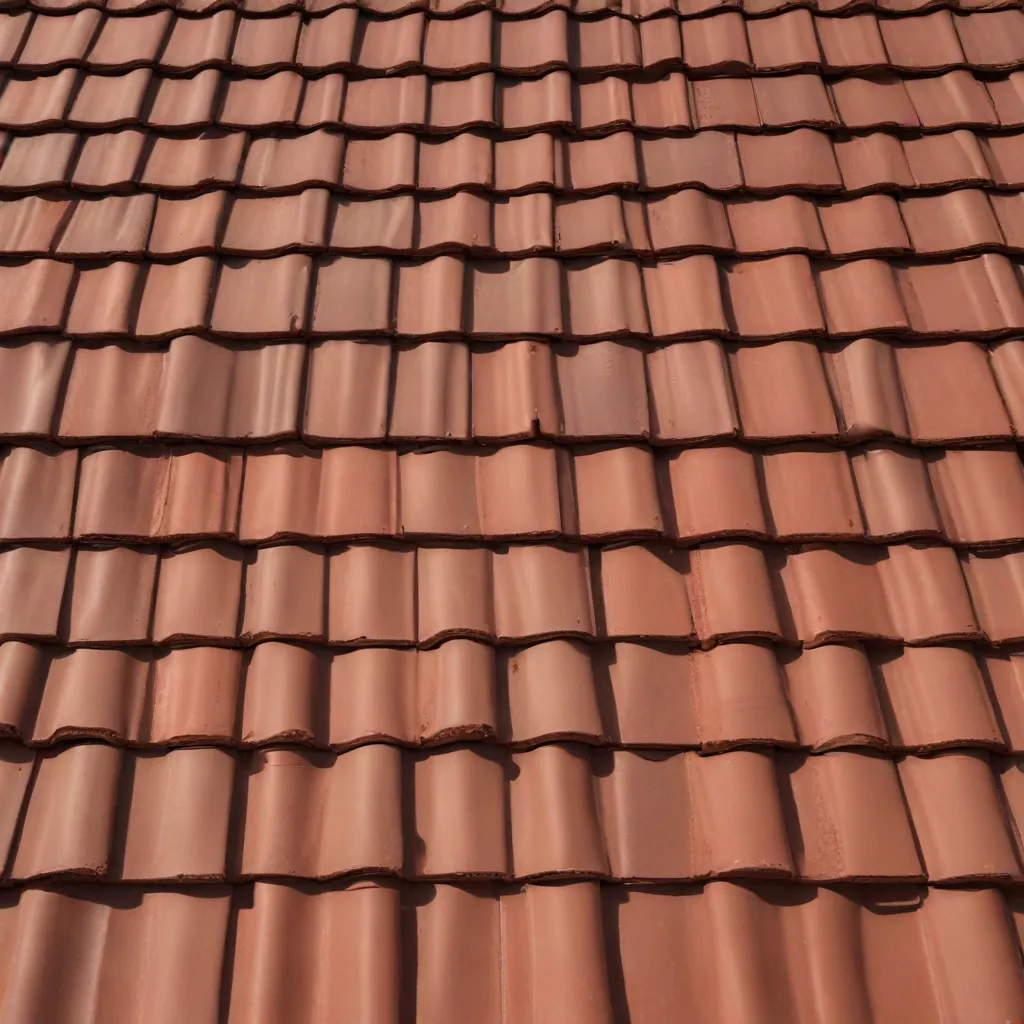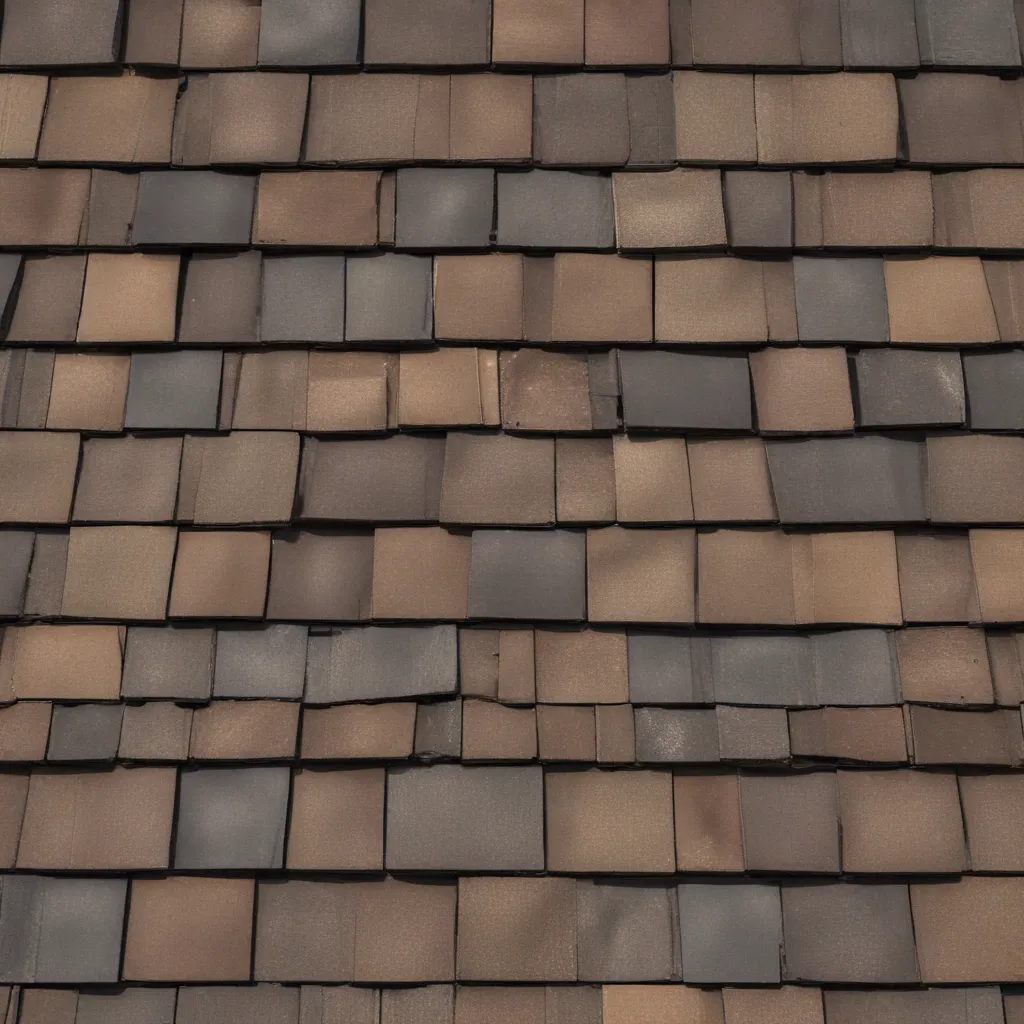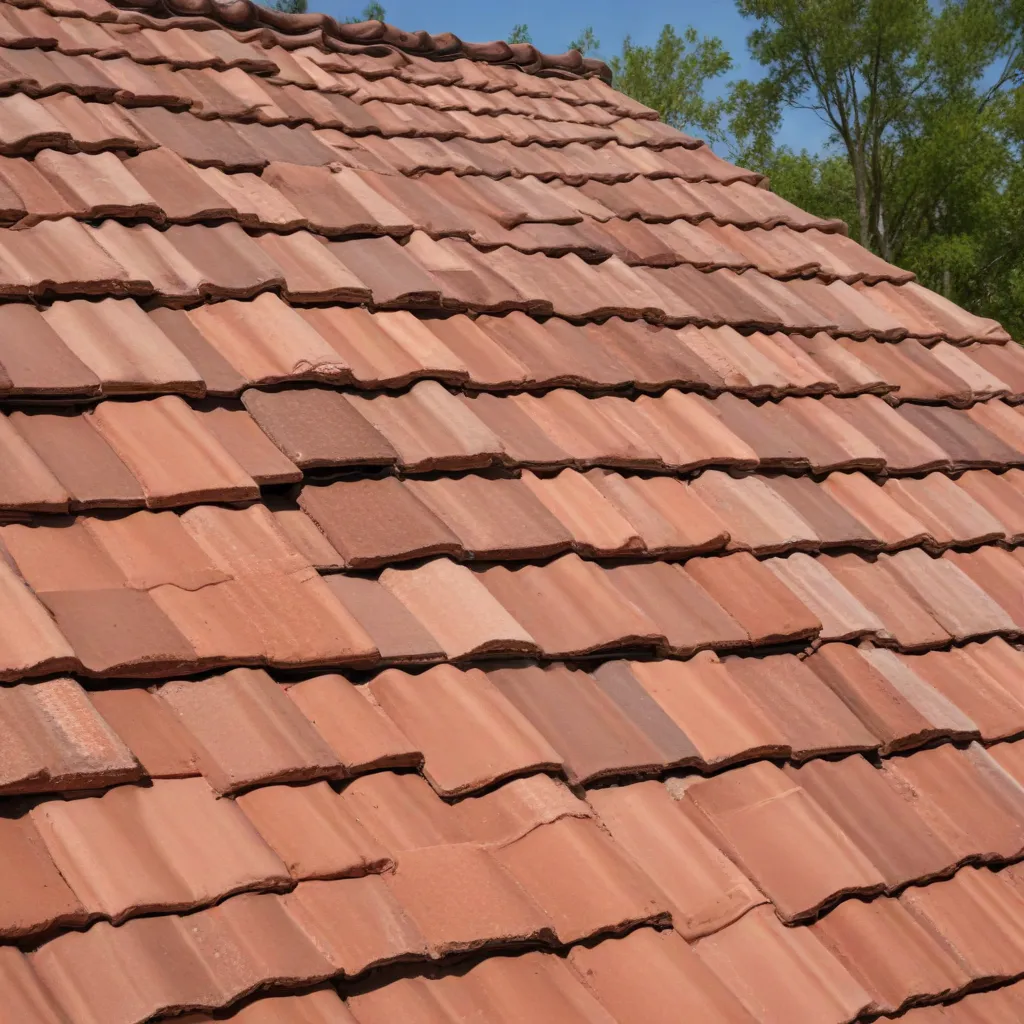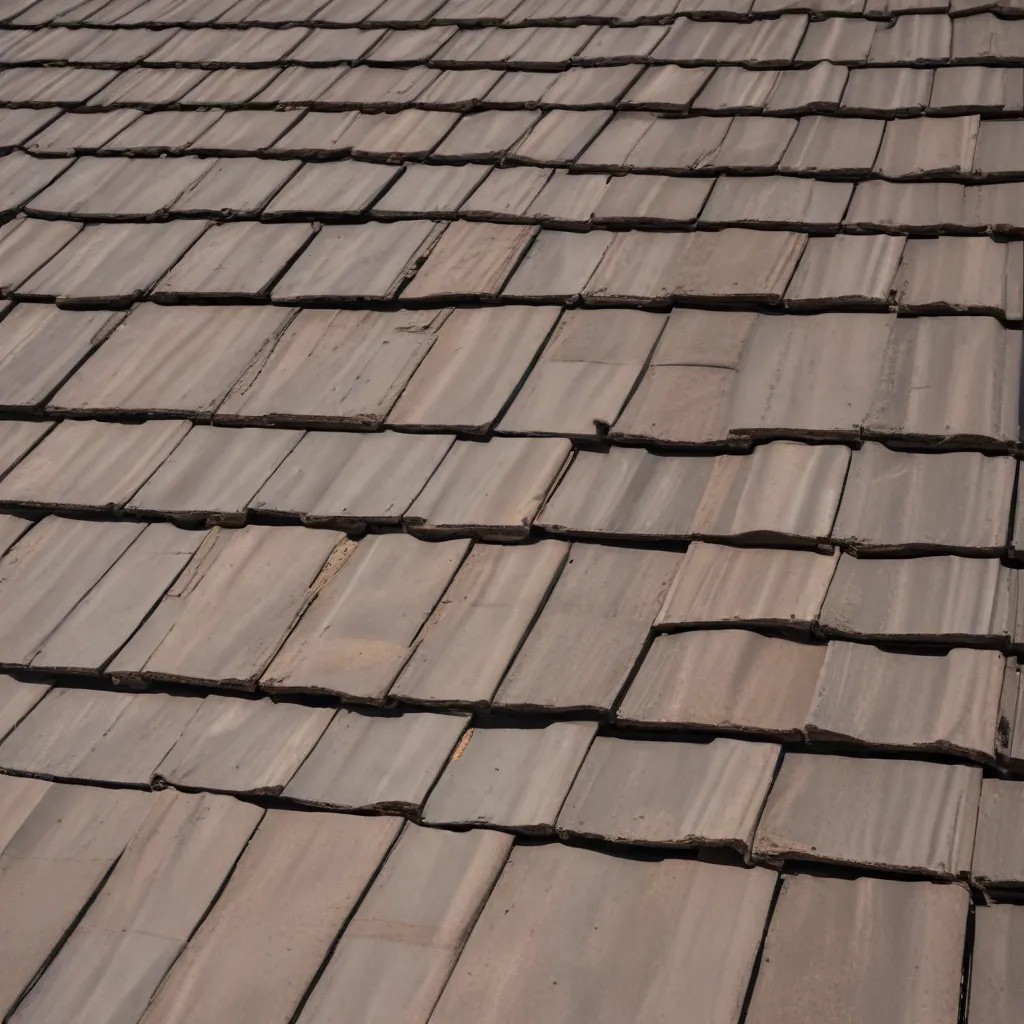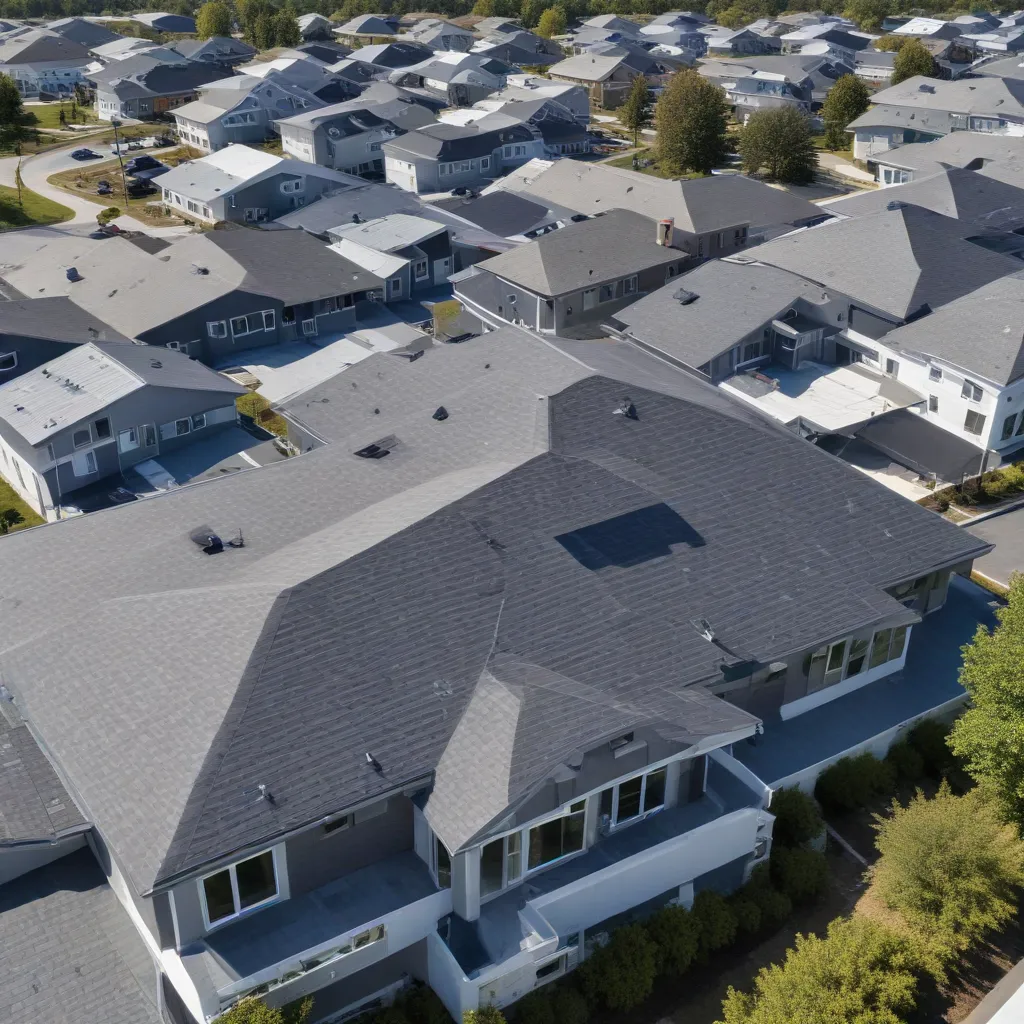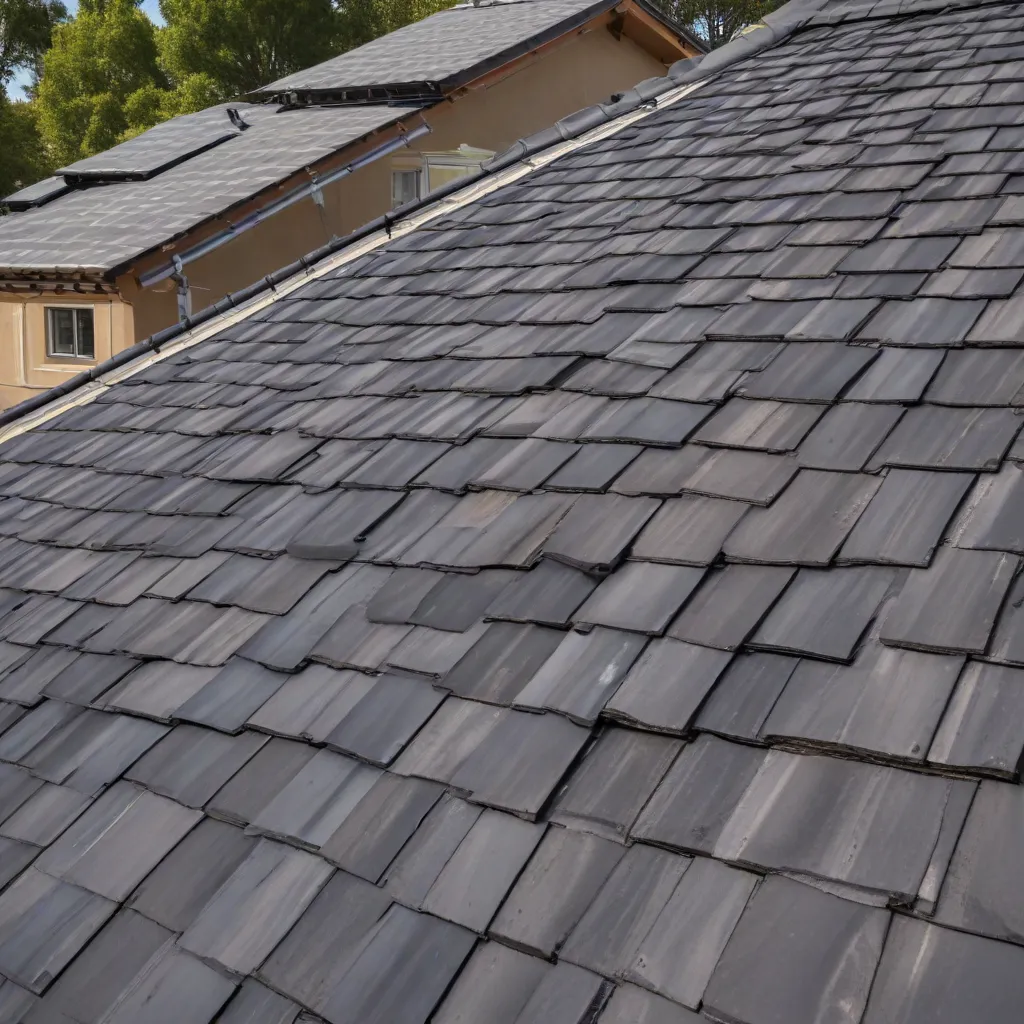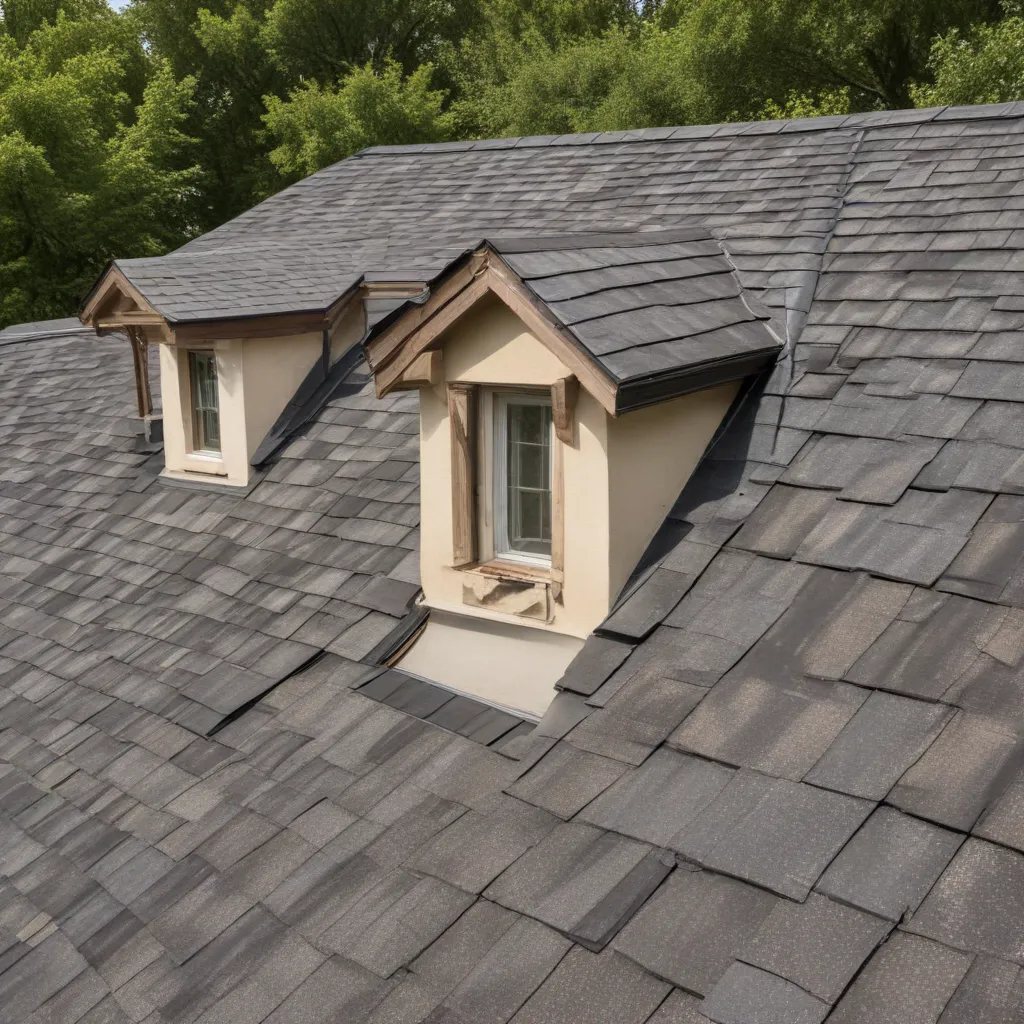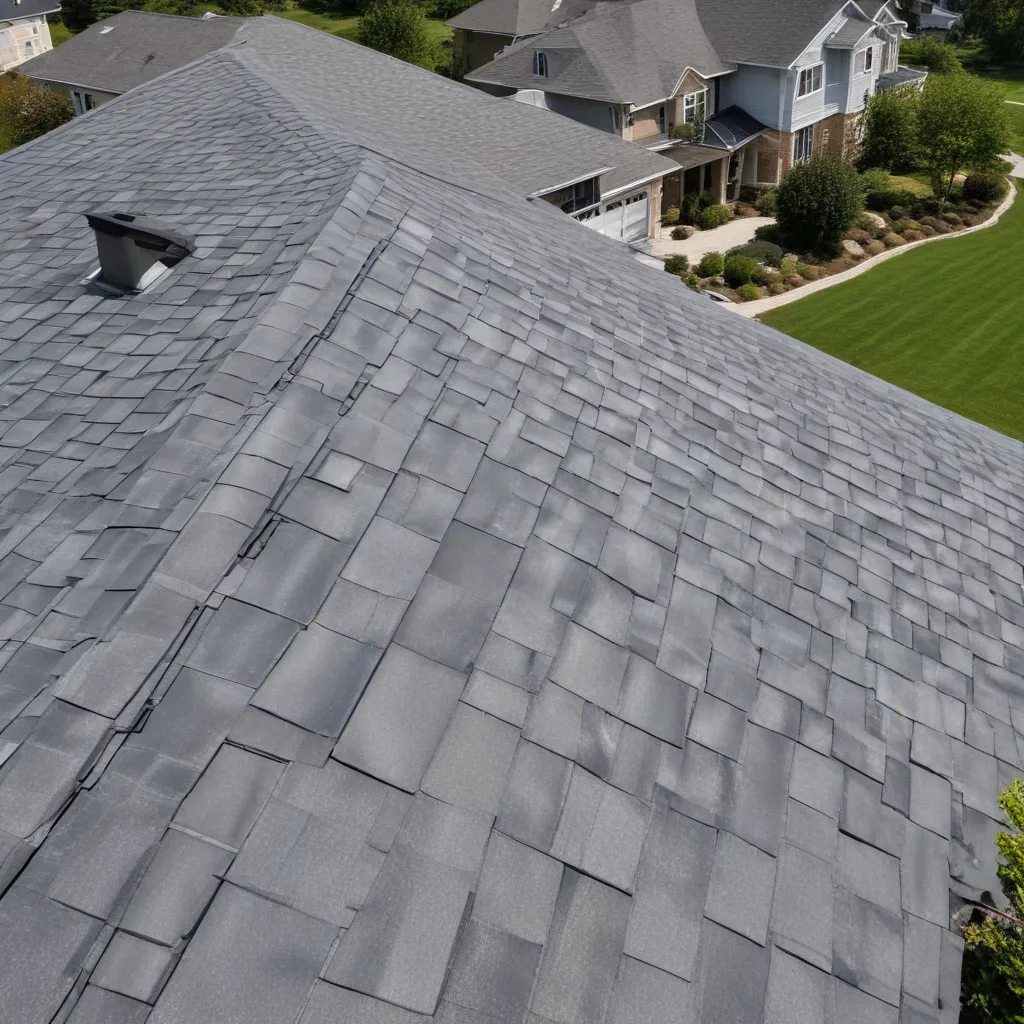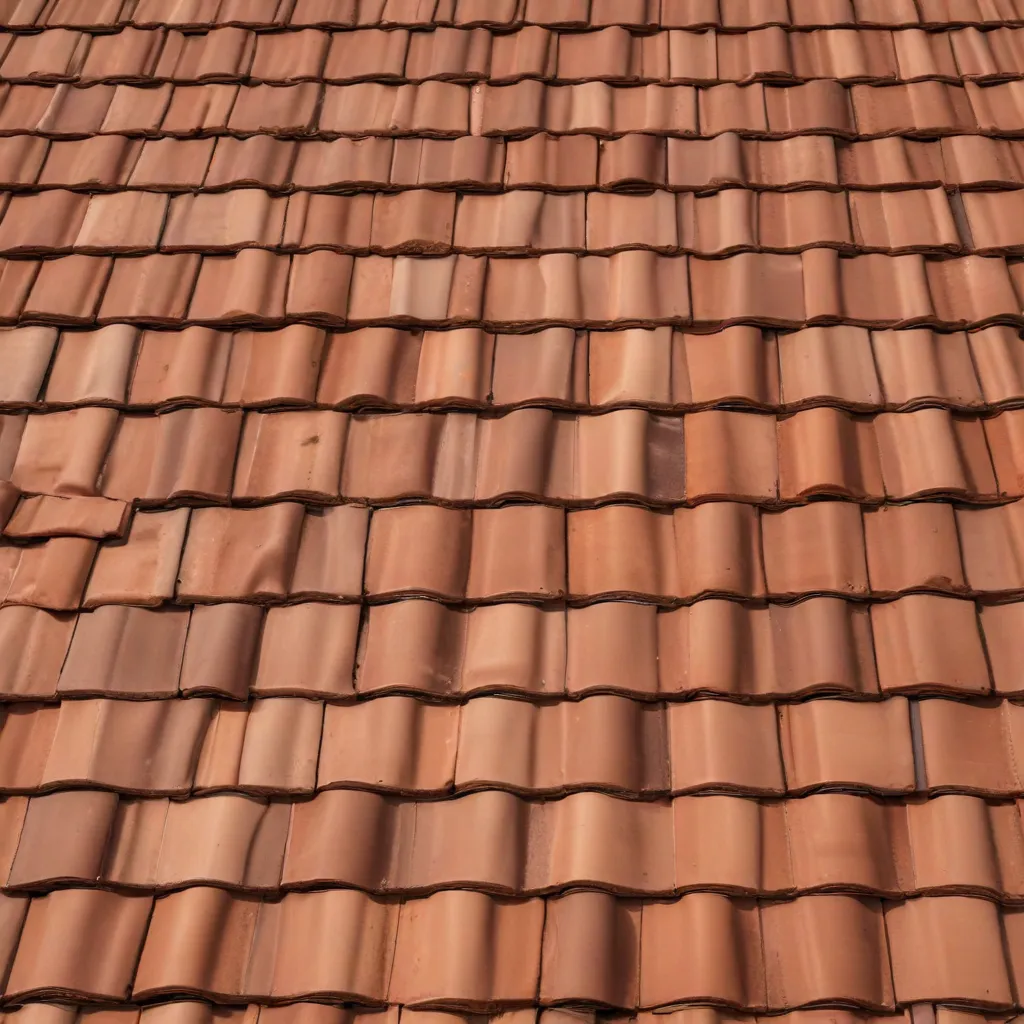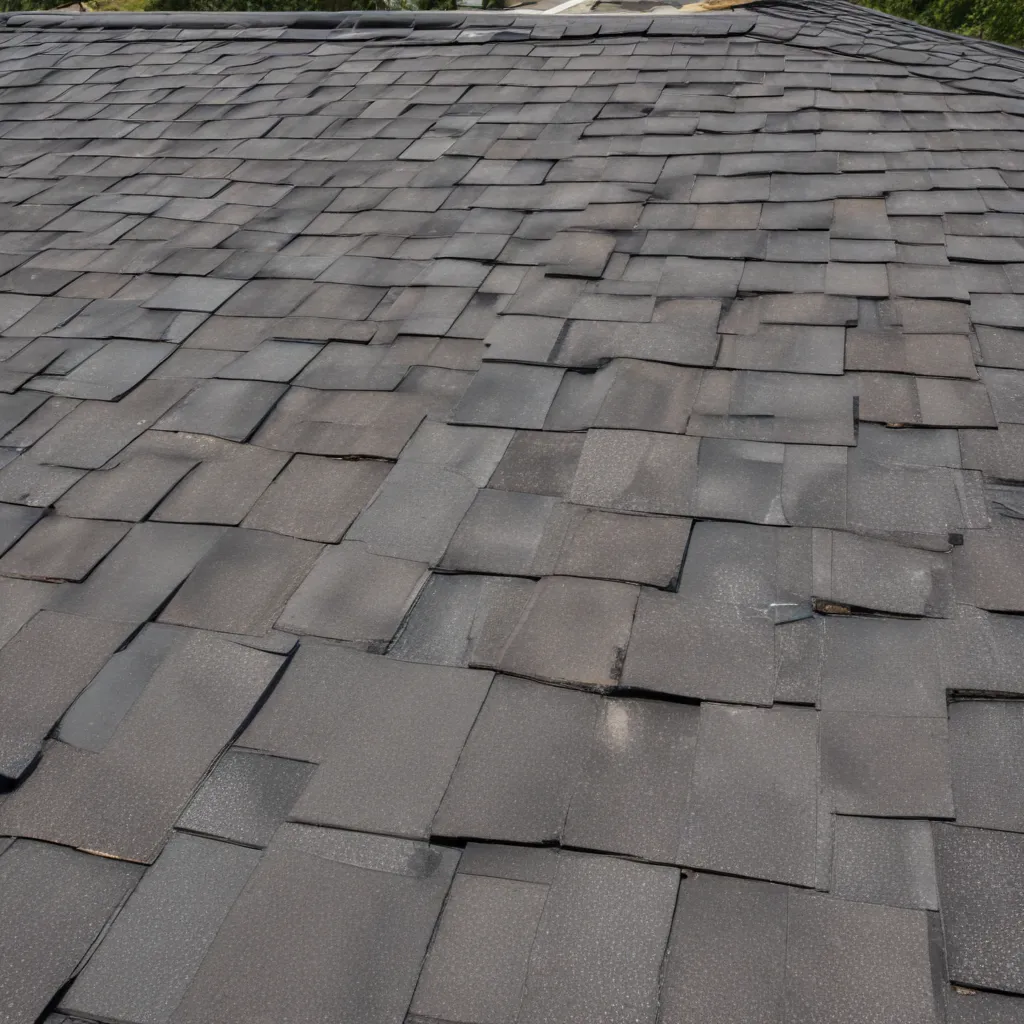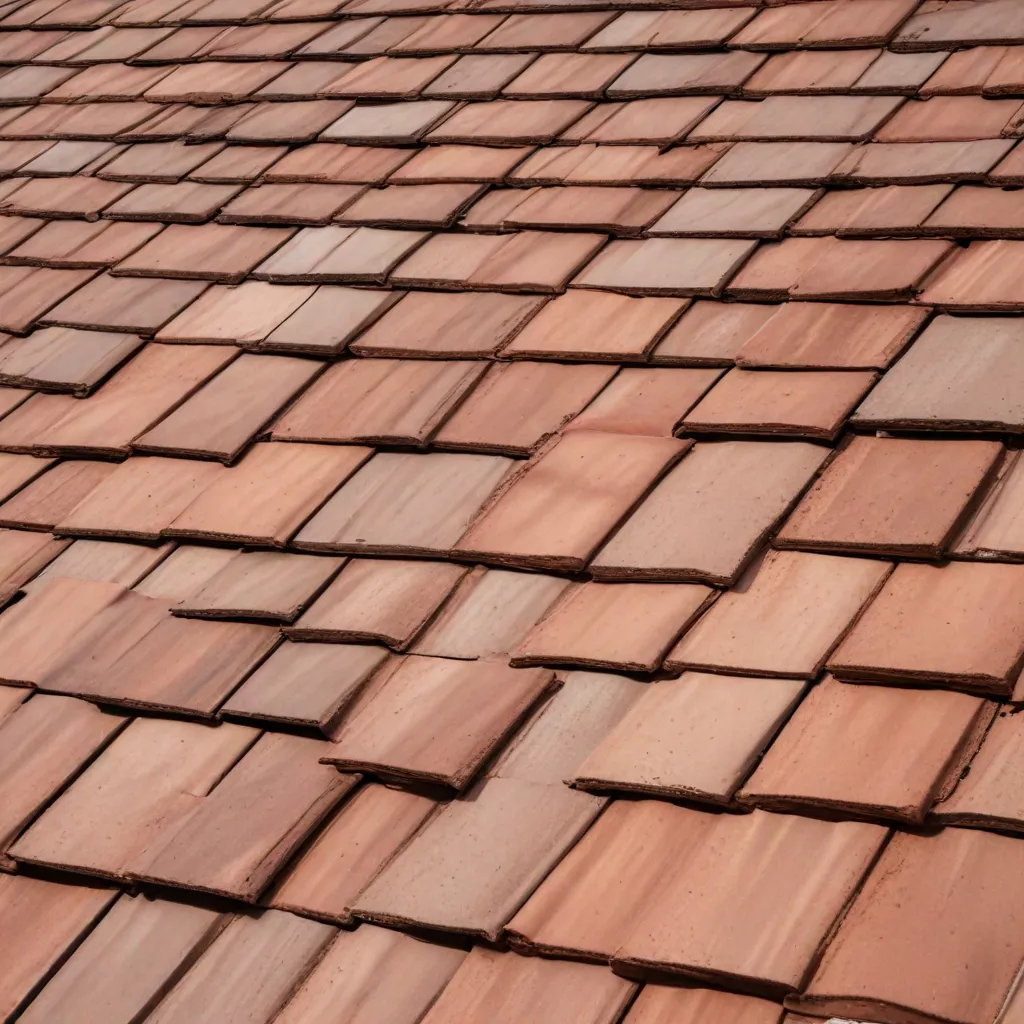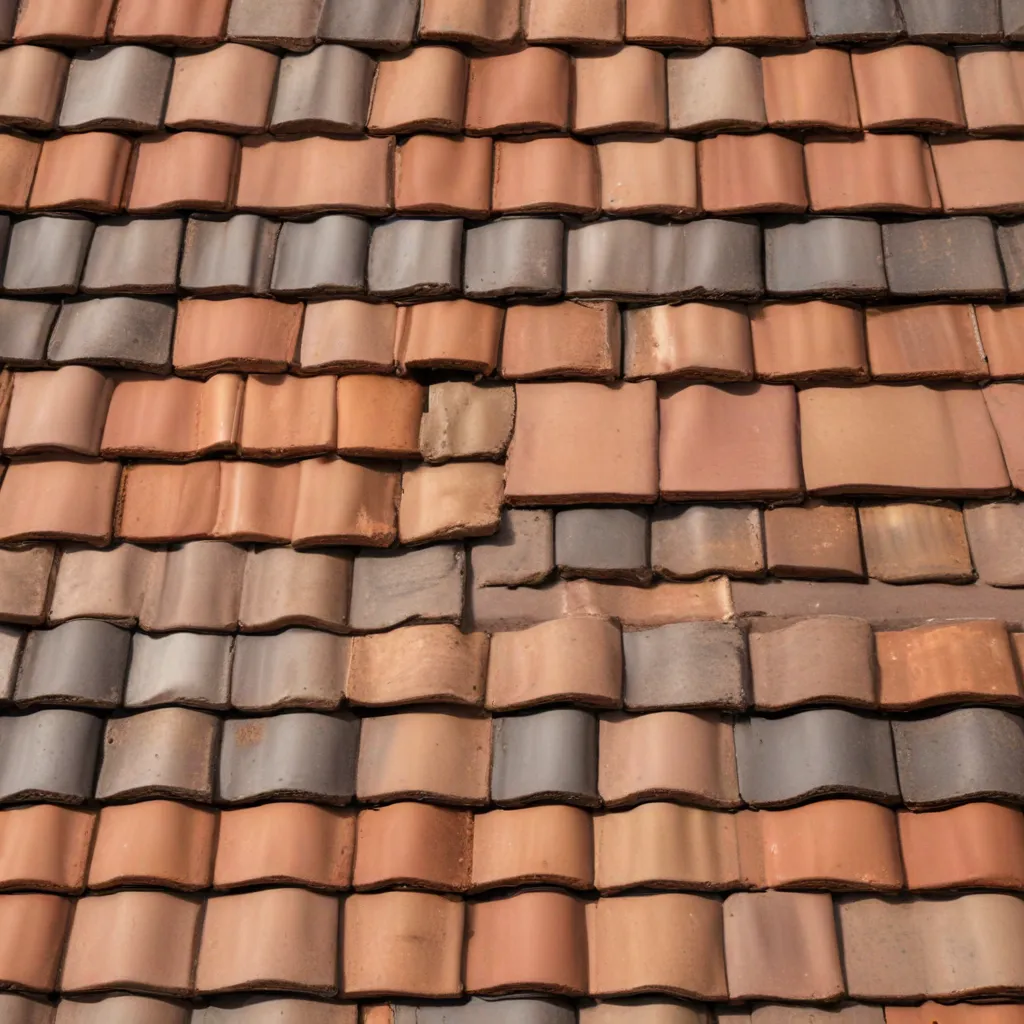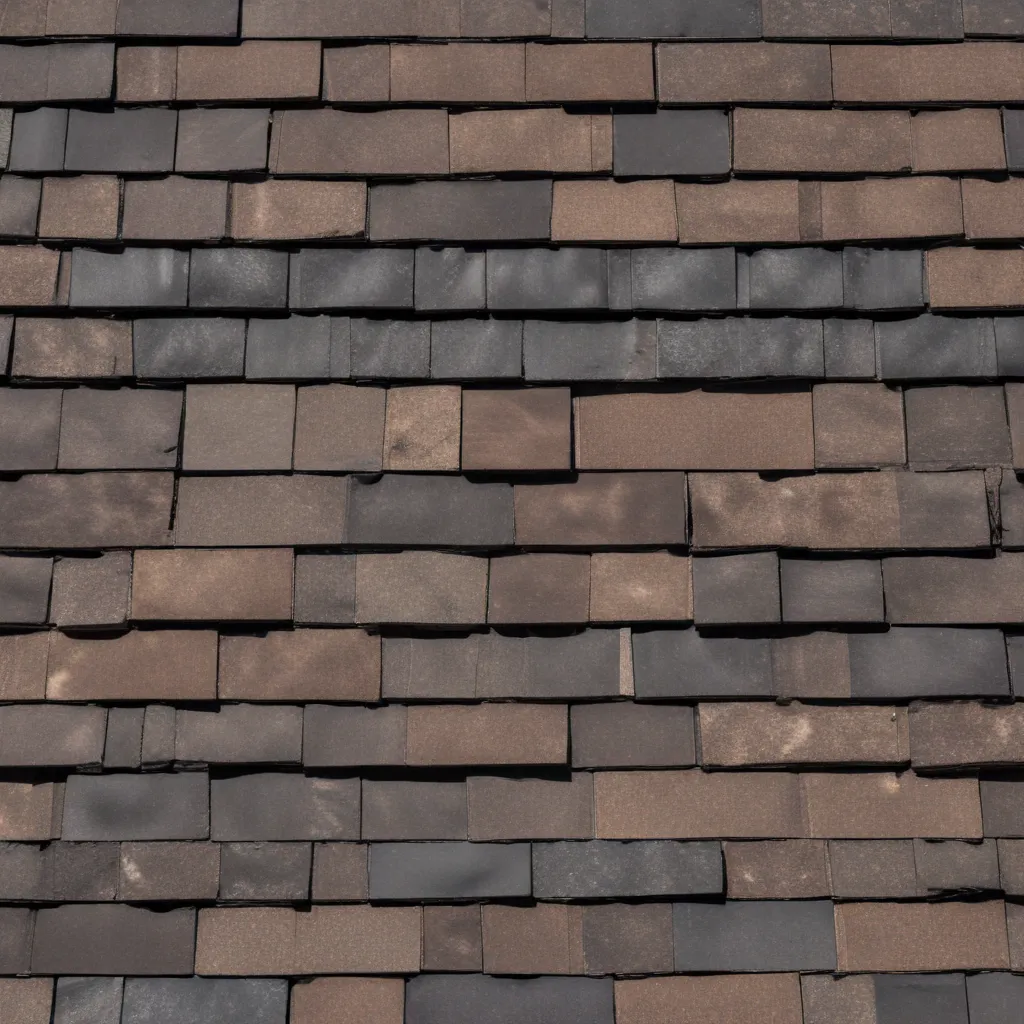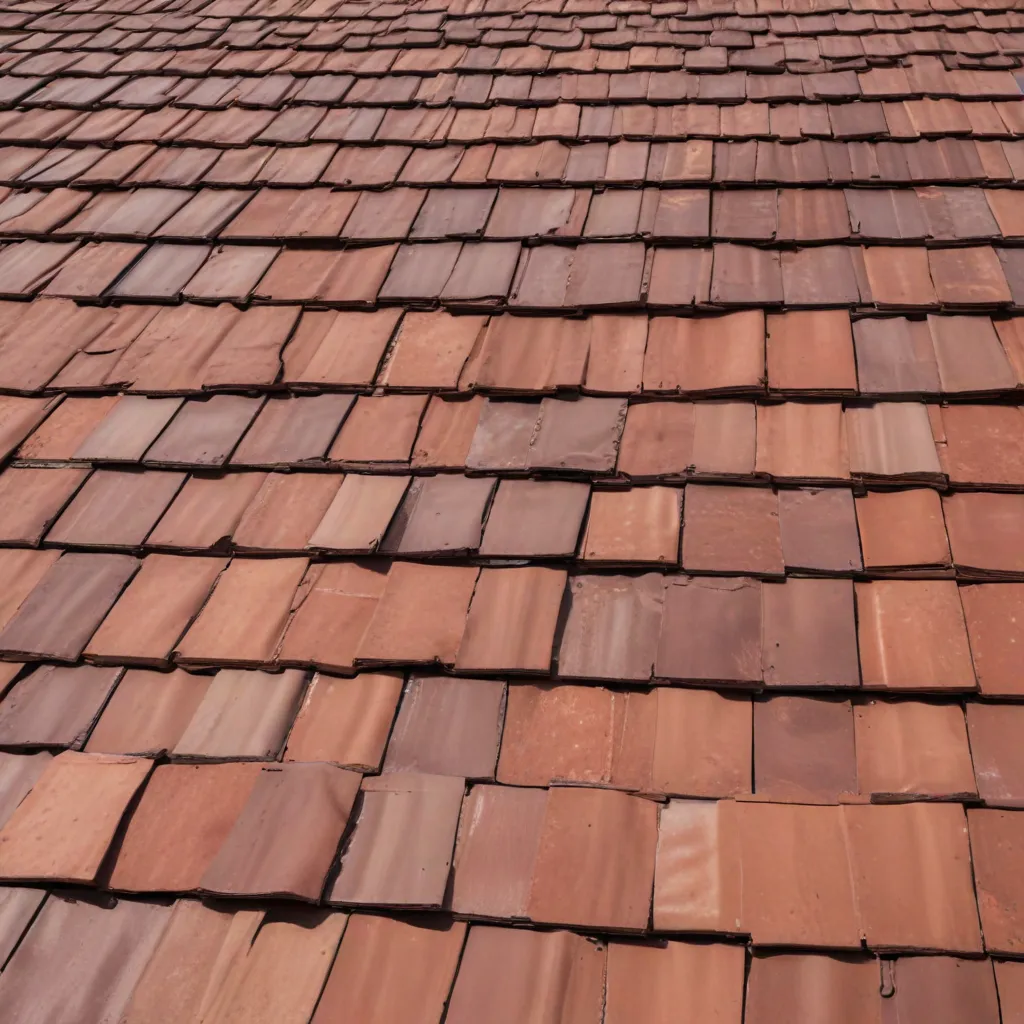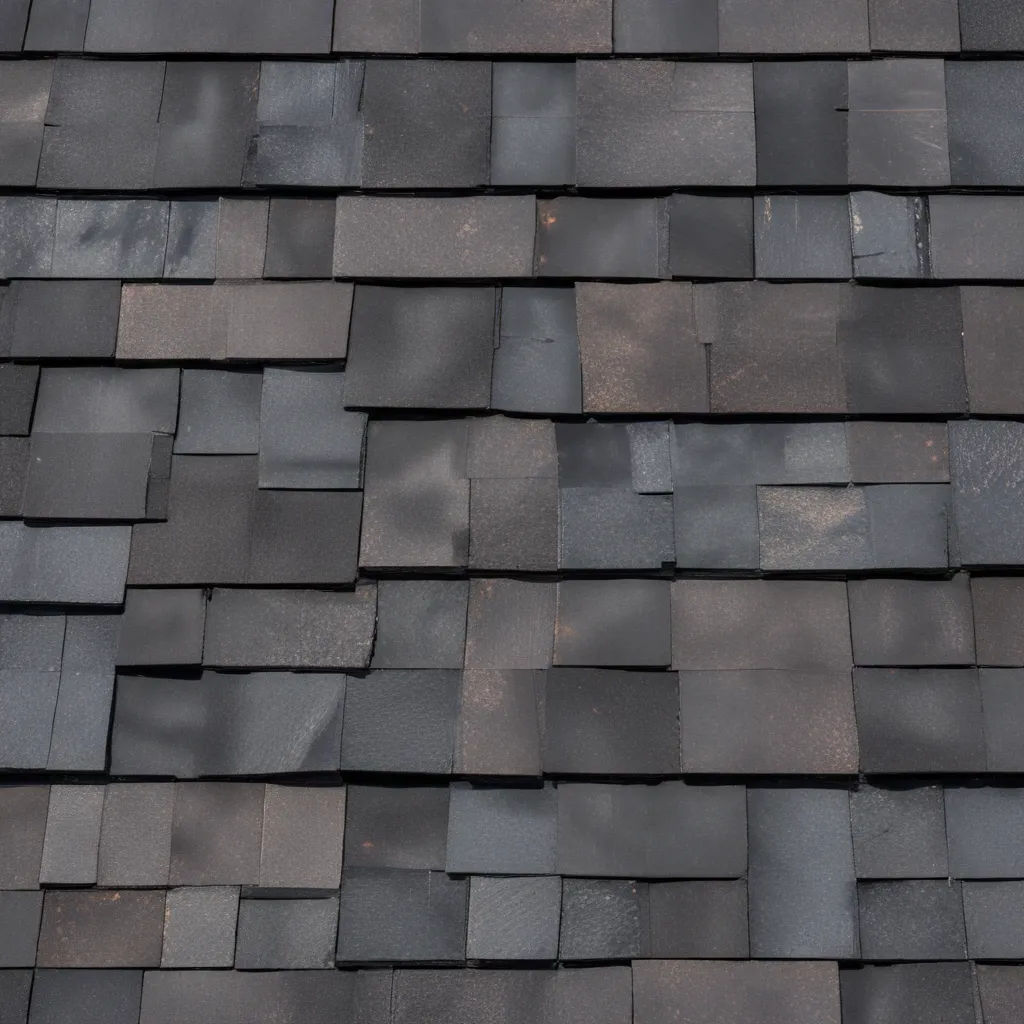
In the ever-evolving world of roofing, composite materials have emerged as a game-changing solution, transforming the industry with their unparalleled blend of durability, energy efficiency, and aesthetic appeal. As homeowners and building professionals seek roofing options that go beyond the traditional, these innovative composite materials are poised to redefine the very concept of a “roof.”
Advantages of Composite Roofing
Composite roofing materials, crafted from a blend of synthetic and natural components, offer a range of benefits that make them a standout choice for residential and commercial applications. One of the most significant advantages is their durability. Unlike traditional roofing materials, which can succumb to the ravages of time and weather, composite roofing is engineered to withstand the harshest conditions, from intense sun exposure to severe storms. These materials are resistant to cracking, fading, and impact damage, ensuring long-lasting protection for your investment.
Another key benefit of composite roofing is its energy efficiency. Many composite roofing products are designed with advanced thermal properties, reflecting sunlight and reducing the amount of heat absorbed by the building. This, in turn, can lead to significant savings on cooling costs, making them an increasingly popular choice for homeowners and building managers alike. The integration of innovative coatings and reflective pigments has further enhanced the thermal performance of composite roofing, offering a more sustainable and cost-effective solution.
Types of Composite Roofing
Within the broad category of composite roofing, there are several distinct material types, each with its own unique characteristics and applications.
Asphalt-Based Composites
Asphalt-based composite shingles are a popular choice, combining the durability of asphalt with the aesthetic appeal of traditional roofing materials like cedar or slate. These shingles are crafted using a blend of asphalt, fiberglass, and various synthetic additives, resulting in a product that is both weather-resistant and visually appealing.
Polymer-Based Composites
Polymer-based composite materials, such as thermoplastic polyolefin (TPO) and polyvinyl chloride (PVC), have gained significant traction in the roofing industry. These synthetic materials are known for their exceptional waterproofing capabilities, superior UV resistance, and ease of installation. Polymer-based composites are often used in commercial and industrial roofing applications, where their performance and longevity are highly valued.
Hybrid Composites
Emerging as a cutting-edge solution, hybrid composite roofing combines the best features of multiple materials, leveraging their respective strengths to create a roofing system that is both innovative and versatile. These hybrid composites may feature a blend of asphalt, polymers, and even recycled materials, offering homeowners and building owners a unique and customizable roofing option.
Industry Trends
As the demand for sustainable and energy-efficient roofing solutions continues to grow, the composite roofing industry has responded with a surge of innovative products and technologies.
Sustainability Concerns
One of the driving forces behind the rise of composite roofing is the heightened focus on environmental sustainability. Many composite roofing materials are manufactured using recycled or reclaimed materials, reducing the industry’s carbon footprint and promoting a more circular economy. Additionally, the enhanced durability and longevity of composite roofing systems have a direct impact on reducing waste and resource consumption over the long term.
Architectural Design
The versatility of composite roofing materials has also transformed the architectural design landscape. Homeowners and building professionals can now customize the appearance of their roofs, choosing from a wide range of colors, textures, and profiles to complement the unique character of their structures. This design flexibility has made composite roofing a preferred choice for both traditional and modern building styles, allowing for seamless integration with the overall aesthetic.
Technological Advancements
The rise of composite roofing can be largely attributed to the continuous advancements in manufacturing processes and material science. These technological innovations have not only improved the performance of composite roofing but have also enhanced the overall customer experience.
Manufacturing Processes
The production of composite roofing materials has undergone a significant transformation, with precision molding techniques and advanced layering processes. Manufacturers now leverage computer-controlled molds to precisely replicate the intricate details and textures of natural roofing materials, such as cedar shakes or quarried slate. This level of precision ensures that composite roofing products closely mimic the aesthetic of their natural counterparts, providing a visually seamless solution.
Performance Enhancements
Alongside the advancements in manufacturing, material science has played a crucial role in enhancing the performance of composite roofing. The introduction of thermal-reflective coatings, impact-resistant reinforcements, and UV-stabilizing additives has resulted in composite roofing systems that are exceptionally resistant to weathering, wear, and damage. These performance-enhancing features make composite roofing an increasingly attractive option for homeowners and building owners seeking long-lasting, low-maintenance roofing solutions.
Market Dynamics
The surge in popularity of composite roofing materials can be observed across both the residential and commercial/industrial sectors, as the advantages of these innovative products continue to resonate with a wide range of customers.
Residential Applications
In the residential market, composite roofing has become a preferred choice for both new construction and roof replacement projects. Homeowners are drawn to the durability, energy efficiency, and customizable aesthetics that composite roofing offers, providing a practical and visually appealing solution that enhances the overall value of their properties.
Commercial and Industrial Applications
The commercial and industrial sectors have also embraced the benefits of composite roofing, particularly for large-scale buildings and industrial facilities. The long-term performance and low maintenance requirements of these materials make them an ideal choice for building owners and managers seeking a reliable and cost-effective roofing solution. Additionally, the versatility of composite roofing allows for seamless integration with various architectural styles, ensuring that commercial and industrial structures maintain their desired aesthetic appeal.
Regulatory Landscape
As the composite roofing industry continues to evolve, it is subject to a robust regulatory framework that ensures the safety, quality, and performance of these innovative materials.
Building Codes and Standards
Composite roofing products must meet stringent building code requirements and industry standards to be approved for use in residential and commercial construction. These standards address factors such as fire resistance, wind uplift, and impact resistance, ensuring that composite roofing systems can withstand the rigors of various climates and environmental conditions.
Certification and Labeling
To provide transparency and assurance to consumers, many composite roofing manufacturers seek industry certifications and product labeling. These certifications, such as those issued by the Cool Roof Rating Council (CRRC) or the UL Certified program, validate the performance claims of composite roofing materials and help customers make informed purchasing decisions.
As the roofing industry continues to evolve, the rise of composite materials has fundamentally transformed the way we approach roofing solutions. With their unparalleled blend of durability, energy efficiency, and aesthetic appeal, these innovative products have become a game-changer, revolutionizing the industry and providing homeowners, building owners, and contractors with a reliable and versatile roofing option. By staying at the forefront of technological advancements and regulatory changes, Genuine Roof Systems remains committed to delivering the highest-quality composite roofing solutions to meet the diverse needs of our customers. Explore our comprehensive selection of composite roofing products today and experience the difference that these transformative materials can make for your project.

